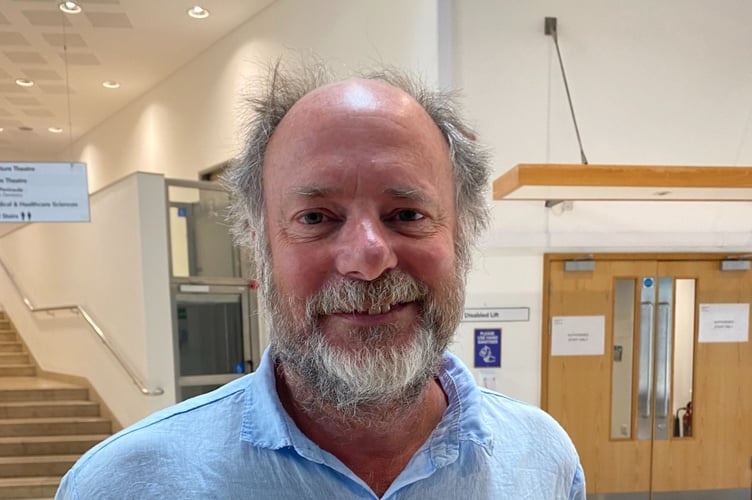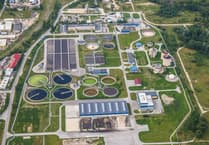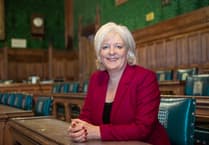There was the first substantive Cabinet meeting of the new administration. It covered road maintenance, household support and the cost of living crisis. To carry on as before just isn’t an option, and we are determined to do things differently.
Devon’s roads are in a bad state. If you’ve driven anywhere in the county recently, you’ll know exactly what I mean. Years of underinvestment, rising costs and extreme weather have taken their toll. I hear it from residents all the time, and I see it for myself every day. That’s why things must change.
Cabinet approved an £83 million capital programme for highway maintenance in 2025/26 – one of the biggest investments we’ve made in years. More importantly, we’re changing how we work. There will be a new approach to pothole repairs. Instead of only fixing those that meet strict safety criteria, our teams will fill all potholes when they’re on site. It’s a common-sense move that could save time, reduce disruption and deliver better value for money. We’ll see if this becomes the new standard.
We’re also reviewing how we deliver highway maintenance in the long term, ensuring our contracts offer the best deal for Devon. With over 8,000 miles of roads, the largest network of any county in the country, the scale of the challenge is huge. Our repair backlog stands at £390 million, and we estimate it would take £102 million just to maintain the current condition. That’s the reality we’re facing.
There are twelve parish and town councils in my division. I go to their monthly meetings, and it’s clear to me there has been a breakdown in communication between parishes and highways. Resources are limited, but with cooperation we could achieve much more. In my experience, communities understand that money is tight. They are prepared to help fund projects and solutions from their own resources. Highways must work collaboratively with local groups, using local knowledge and resources. Cooperation, not obstruction. I won’t pretend we can fix everything overnight, but this is a step in the right direction. This new administration at County Hall is being honest about the scale of the problem, and by building constructive partnerships with our communities, I’m sure we can achieve so much more.
We’re grateful to the government for continuing the HSF. It’s money we can direct to the most vulnerable and needy people in our communities. Children on free school meals will continue to have support through the school holidays. Every district council will also have a lump sum to spend on those they think need it most. I know that at South Hams, we have data and lists detailing households most in need. It’s a very focused and effective intervention.
We are disappointed the HSF has been reduced, and we are very concerned it may disappear altogether in Devon under the proposed reforms. We have seen how the central government has struggled to target support, especially around the Winter Fuel Allowance. Why not let local councils do this? We have shown with the HSF how efficient we can be in spending money where it’s needed most. Over-centralised, one-size-fits-all welfare is a poor choice.





Comments
This article has no comments yet. Be the first to leave a comment.